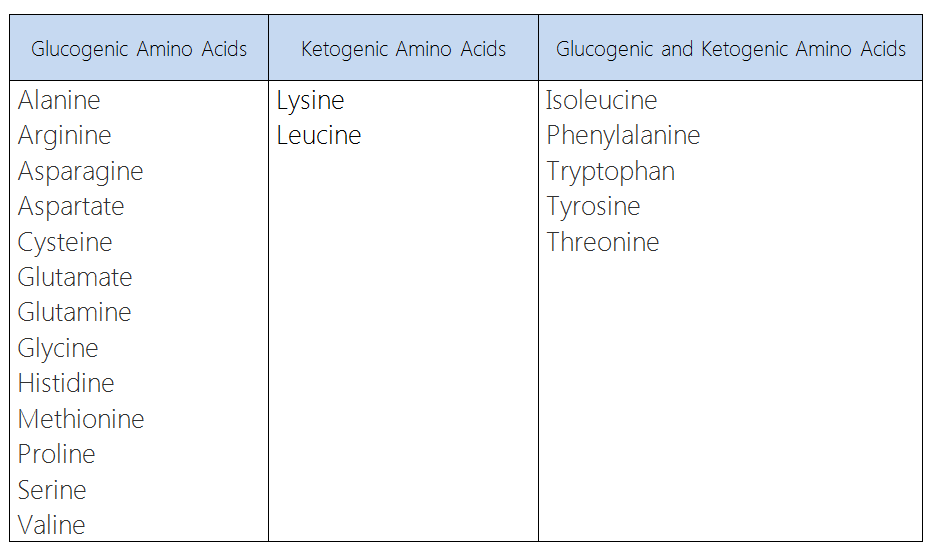WBR0983
| Author | [[PageAuthor::Rim Halaby, M.D. [1] (Reviewed by Yazan Daaboul, M.D.)]] |
|---|---|
| Exam Type | ExamType::USMLE Step 1 |
| Main Category | MainCategory::Biochemistry |
| Sub Category | SubCategory::General Principles |
| Prompt | [[Prompt::A 6-months-old boy is brought to the physician's office for irritability and hypotonia. The mother states that she received all her prenatal vitamins and had regular follow-ups with her obstetrician. The boy was delivered abroad, and the family returned to USA 1 week prior to presentation. Her boy was normal at birth, but has had impaired psychomotor development throughout his development, which remained undiagnosed. Laboratory testing is remarkable for lactic acidosis and elevated serum alanine concentration. The physician suspects an inborn error of metabolism, and genetic studies, which demonstrate a defect in the E1 alpha gene, confirm the diagnosis. The parents are advised to maintain a strict diet with high concentrations of leucine and lysine for their child. Which enzyme deficiency is responsible for this patient's condition?]] |
| Answer A | AnswerA::Acyl-CoA dehydrogenase |
| Answer A Explanation | [[AnswerAExp::Acyl-CoA dehydrogenase is involved in fatty acid metabolism.]] |
| Answer B | AnswerB::Alpha-ketoglutarate dehydrogenase |
| Answer B Explanation | [[AnswerBExp::Alpha-ketoglutarate dehydrogenase is involved in Krebs cycle. The defect in the E1 alpha gene in this patient is consistent with the diagnosis of pyruvate dehydrogenase deficiency, not alpha-ketoglutarate dehydrogenase deficiency.]] |
| Answer C | AnswerC::Pyruvate dehydrogenase |
| Answer C Explanation | [[AnswerCExp::Pyruvate dehydrogenase links glycolysis to Krebs cycle. Pyruvate dehydrogenase deficiency is associated with the accumulation of pyruvate, which is shunted to lactate via LDH and to alanine via ALT. The patient's presentation and the defect in the E1 alpha gene are suggestive of pyruvate dehydrogenase deficiency.]] |
| Answer D | AnswerD::Alpha-keto acid dehydrogenase |
| Answer D Explanation | [[AnswerDExp::Alpha-keto acid dehydrogenase is involved in the breakdown of branched amino acids (leucine, isoleucine, and valine). Maple syrup urine disease is characterized by alpha-keto acid dehydrogenase deficiency.]] |
| Answer E | AnswerE::Lactate dehydrogenase |
| Answer E Explanation | AnswerEExp::Lactate dehydrogenase catalyzes the conversion from lactate to pyruvate. |
| Right Answer | RightAnswer::C |
| Explanation | [[Explanation::Pyruvate dehydrogenase (PDH) complex defects are associated with development of irritability, poor feeding, seizures, impaired psychomotor development, lactic acidosis, and elevated serum alanine concentration (accumulated pyruvate is shunted to lactate via LDH and to alanine via ALT). PDH deficiency is a genetic disorder that may be inherited in either an autosomal or X-linked pattern. This patient's diagnosis is first suspected by the findings on physical examination and lab work-up and further confirmed by genetic testing, which demonstrated E1 alpha gene defect. The majority of patients with PDH deficiency have E1 alpha gene defects (PDHA1), which are usually inherited in an X-linked pattern. Management of PDH deficiency includes a strict ketogenic diet (high intake of fat and exclusively ketogenic amino acids lysine and leucine).
Amino acids are either ketogenic or glucogenic. Ketogenic amino acids are amino acids that give rise to fatty acid precursors (acetyl CoA or acetoacetyl CoA) when metabolized. In contrast, glucogenic amino acids are amino acids that give rise to glucose (and consequently pyruvate) or can be converted to glucose (via gluconeogenesis) when metabolized. Only lycine and leucine are strictly ketogenic amino acids. All other amino acids are either only glucogenic or partly ketogenic and partly glucogenic. Below is a table that classifies amino acids according to their catabolic class |
| Approved | Approved::Yes |
| Keyword | WBRKeyword::Pyruvate dehydrogenase, WBRKeyword::PDH, WBRKeyword::Pyruvate dehydrogenase deficiency, WBRKeyword::PDH deficiency, WBRKeyword::E1 alpha gene, WBRKeyword::PDHA1, WBRKeyword::X-linked, WBRKeyword::Convulsions, WBRKeyword::Enzyme, WBRKeyword::Pyruvate, WBRKeyword::ALT, WBRKeyword::Lactate, WBRKeyword::LDH, WBRKeyword::Alanine, WBRKeyword::Leucine, WBRKeyword::Lycine, WBRKeyword::Ketogenic diet, WBRKeyword::Ketogenic amino acids, WBRKeyword::Pyruvate dehydrogenase complex deficiency, WBRKeyword::Psychomotor development |
| Linked Question | Linked:: |
| Order in Linked Questions | LinkedOrder:: |
